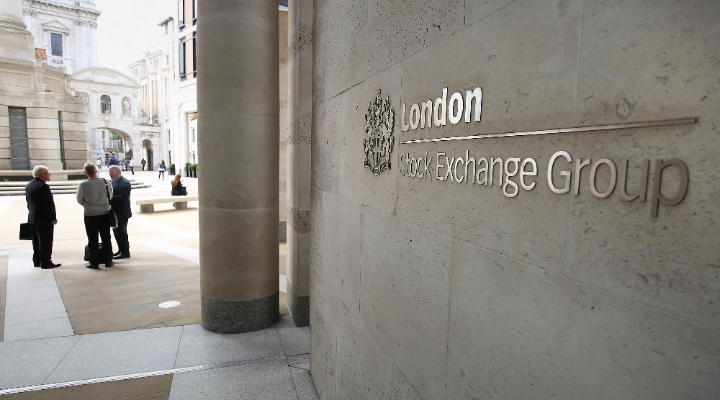There's been much written about the five-year anniversary of the collapse of Lehman Brothers but it's not the only five-year tenure we should acknowledge this week. It's also been five years since Neil Woodford took over the management of Edinburgh Investment Trust (EDIN).
Woodford was appointed as fund manager to EDIN on 15th September 2008. Previously, the fund was managed by John Stavis of Fidelity but a poor spell of performance combined with Stavis' departure on sabbatical prompted the board to put the mandate out to tender, with the remit that there should be a greater focus on income than before.
That move has proved to serve shareholders very well over the last five years. From 15th September 2008 to 14th September 2013, the fund has returned nearly 12% on an annualised basis. That compares with the average for the Morningstar UK Large Cap Blend category of just under 10%. Not only that, it has beaten the Invesco Perpetual Income fund (![]() rated Gold) by a healthy margin, too.
rated Gold) by a healthy margin, too.
Woodford manages the funds in the same way; a comparison of holdings using Morningstar.co.uk's X-Ray tool shows there is commonality of names. That's not to say the funds are identical — the IP Income fund has ten times the assets that are in Edinburgh Investment Trust, so it's no surprise to see a greater number of holdings in the OEIC when compared with the trust. In addition, the OEIC has a handful of unquoted names.
Shareholders were quick to recognise that something good was likely to happen here over the long term. Even in the fourth quarter of 2008, when markets were plummeting, EDIN didn’t see its discount to net asset value widen aggressively in the way that other trusts did. That’s testament to Woodford’s track record at his OEICs. Granted, he took over at an opportune time insofar as he could reshape the portfolio rapidly to fit his investment thesis. That meant a fast sale of banks and miners, which helped to make it more resilient in the downturn that followed. By February 2009 the fund had already moved to trade at a premium to its NAV and that was ahead of the rally that ensued the next month.
Shareholders were right to have such optimism. While Woodford’s approach doesn’t suit everyone, his track record at all his funds is testament to his fund management skills and he hasn’t disappointed at EDIN. The two fixed-term debentures are, arguably, a noose around his neck but even they haven’t derailed returns, nor indeed the risk-return profile of the fund. In fact, EDIN has a five-year Morningstar risk rating of Low. So those sceptics who think gearing is bad news, or that it’s guaranteed to raise the risk profile of a fund, have been proven wrong at this particular fund. The risk-adjusted returns of EDIN are more than three times those of its average category peer.
In other words, Woodford has used risk well to generate excellent returns for shareholders. It’s a five-year anniversary that’s worth celebrating, rather than commemorating.

(Click chart to enlarge)































